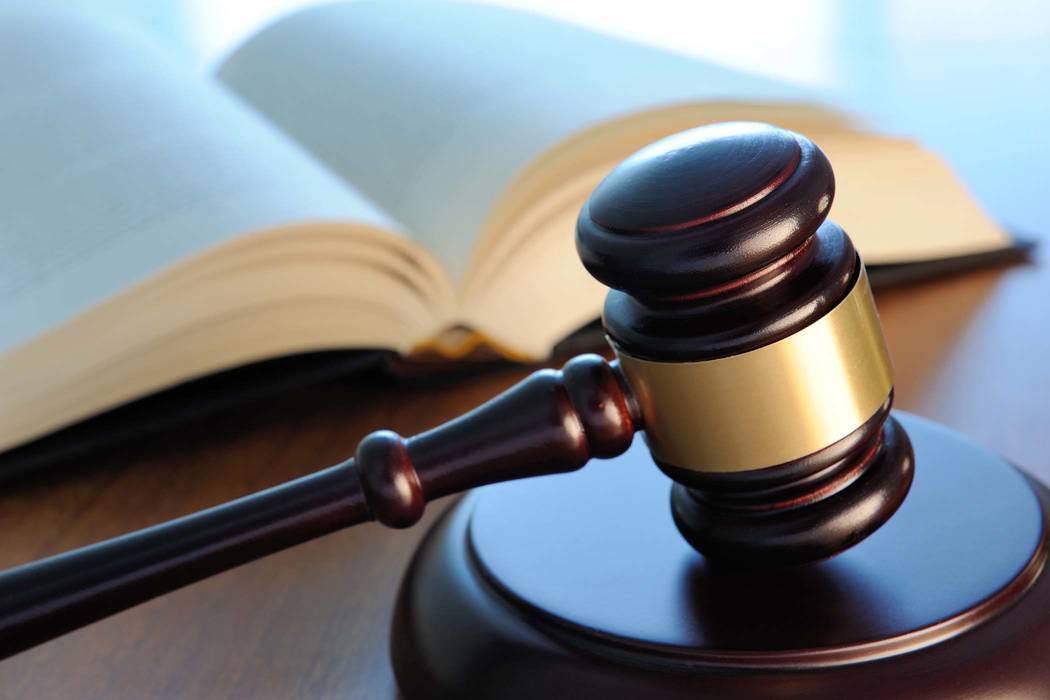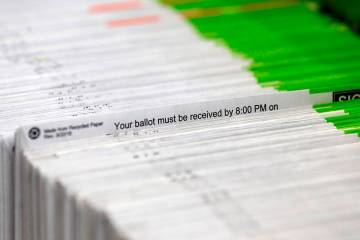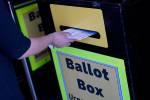EDITORIAL: Push to end judicial elections is back yet again
Ten years ago, Nevada voters handily rejected a ballot measure proposed by state lawmakers that would have eliminated judicial elections in favor of an appointment and retention system. But after November’s balloting saw a handful of underfunded challengers unseat incumbent judges, some influential voices are again calling to revive efforts to overhaul the state’s judicial selection process.
It will be an uphill battle.
Some candidates “did next to nothing compared to their opponents and still came out on top,” said Clark County District Attorney Steve Wolfson. “In my opinion, something is wrong.” Mr. Wolfson said too many voters ignored “experience” and “qualifications” in casting their ballots and that he now favors an appointment process in which those named to the bench would then face the voters in retention elections.
UNLV political science professor Rebecca Gill said judicial races tend to overwhelm voters: “There’s just an incredible amount of research you need to do to make sense of how you need to cast your vote. … It’s hard to tell how much people really know about these judges, but I can guess it’s not very much.”
Judicial races do indeed present challenges to voters — but so do plenty of other contests, particularly those down ballot. Few voters take the time to educate themselves about those running for school board or university regent — or even the Legislature, for that matter. Does that mean they shouldn’t be elected positions? While informed voters make for a sturdier democracy, a system that fails to trust citizens to make their own choices will eventually collapse into authoritarianism.
Proponents of ending judicial elections are on stronger ground when they decry the politicization of the judiciary and the potential conflicts when candidates must raise money from attorneys or others who may appear before them. But, in fact, accountability and a commitment to the law and impartiality are not mutually exclusive. Judges who abuse their authority or favor their campaign benefactors may face a higher risk of drawing challengers or raising the ire of the electorate. And an appointment system hardly eliminates political considerations from the equation: Judicial selection panels don’t operate in vacuums.
The most recent Clark County ballot featured an unusually large number of judicial races complicating the process for many voters. To avoid a repeat, perhaps lawmakers could ensure a better staggering of races while also allowing unopposed candidates to be removed from the ballot.
There are good arguments on both sides of this issue. But Nevadans have consistently opposed efforts to limit their power when it comes to selecting judges. There’s no reason to believe that they’ll feel any differently if surveyed on the question once again.




























